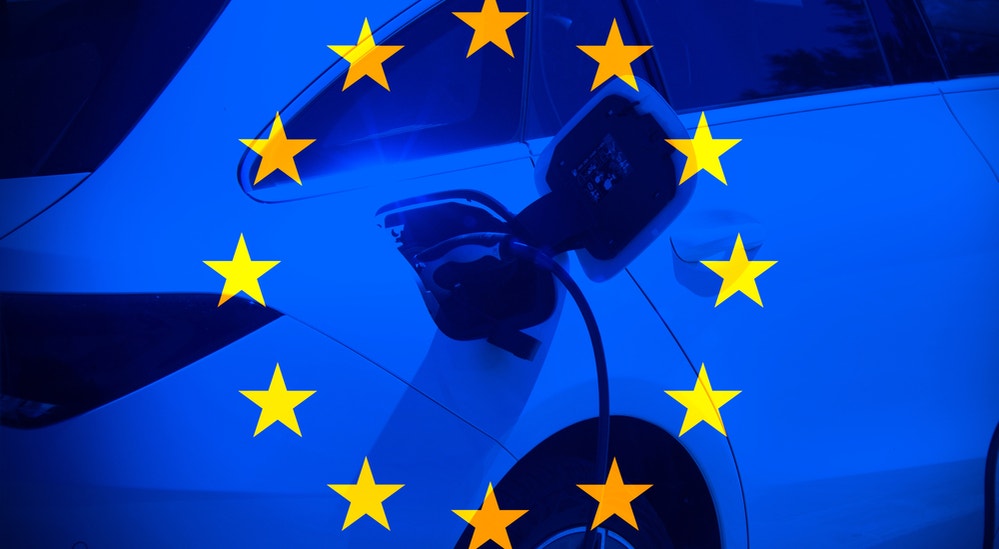3 European Auto Giants Consider Joining Forces To Tackle The Might Of Tesla And Chinese EV Rivals SAIC, Volkswagen, Stellantis, BYD Company, Carlos Tavares, European Commission, European car industry, Chinese EV manufacturers, Geely Automobile Holding, Tariffs on Chinese EV imports by https://www.benzinga.com/

AI Insights:
Simple Explanation:
Three big car companies in Europe are thinking about working together to compete with Tesla and other electric car makers from China. These companies need to adapt and change to keep up with the new technology and competition, or else they might struggle and lose money. The European government is also looking into whether Chinese electric cars have an unfair advantage because of help from their own government, and they might charge extra taxes on these cars coming into Europe. Read from source...
Critical Perspective:
1. The title is misleading and sensationalized, implying that the three European auto giants are in serious talks or have reached an agreement to merge or form a joint venture, which is not the case according to the article.
2. The article relies heavily on quotes from Stellantis CEO Carlos Tavares, who seems to be more focused on promoting his own agenda of pushing for electric and autonomous vehicles, rather than presenting a balanced view of the industry dynamics and challenges.
3. The article uses vague terms like "adaptation", "potential bloodbath", "slowdown in EV adoption" without providing any concrete data or evidence to support these claims.
4. The article introduces irrelevant information about the European Commission's investigation into Chinese EV manufacturers, which does not directly affect the collaboration between Stellantis and Volkswagen, but rather serves as a distraction from the main topic.
5. The article fails to mention any potential benefits or synergies that could arise from such a collaboration, such as cost savings, increased innovation, market share expansion, etc.
Sentiment Analysis:
Neutral with bearish undertones.
Investment Analysis:
We are not financial advisors. It's always essential for you to consult with a financial advisor and do your research before making any decisions about investments.
The article suggests that three European auto giants - Stellantis, Volkswagen, and BMW - are considering joining forces to tackle the might of Tesla and Chinese EV rivals. The potential benefits of such a collaboration include increased market share, economies of scale, joint research and development, and better positioning in the global EV race. However, there are also risks involved, such as possible anti-competitive regulations, cultural differences and integration challenges, and the need for constant innovation to stay ahead of the competition. Additionally, the European car industry is facing a slowdown in EV adoption due to various factors, which may affect the profitability of these companies in the short term. Therefore, investors should carefully weigh the pros and cons before making any decisions.